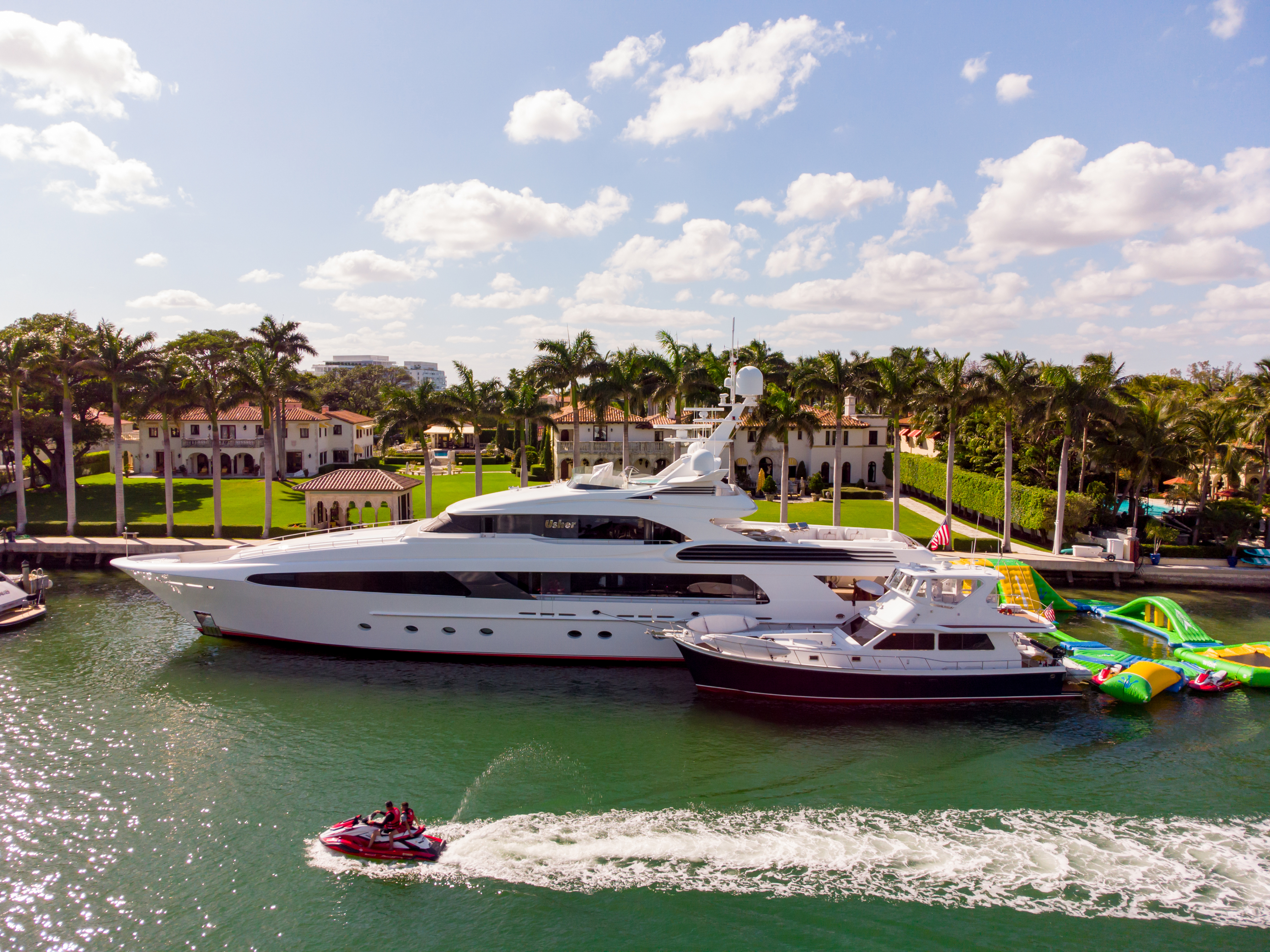A Quick Beginners Guide: Boating
Got your boat? Ready to head out? Let's go over a few tips for both beginners and experts alike!
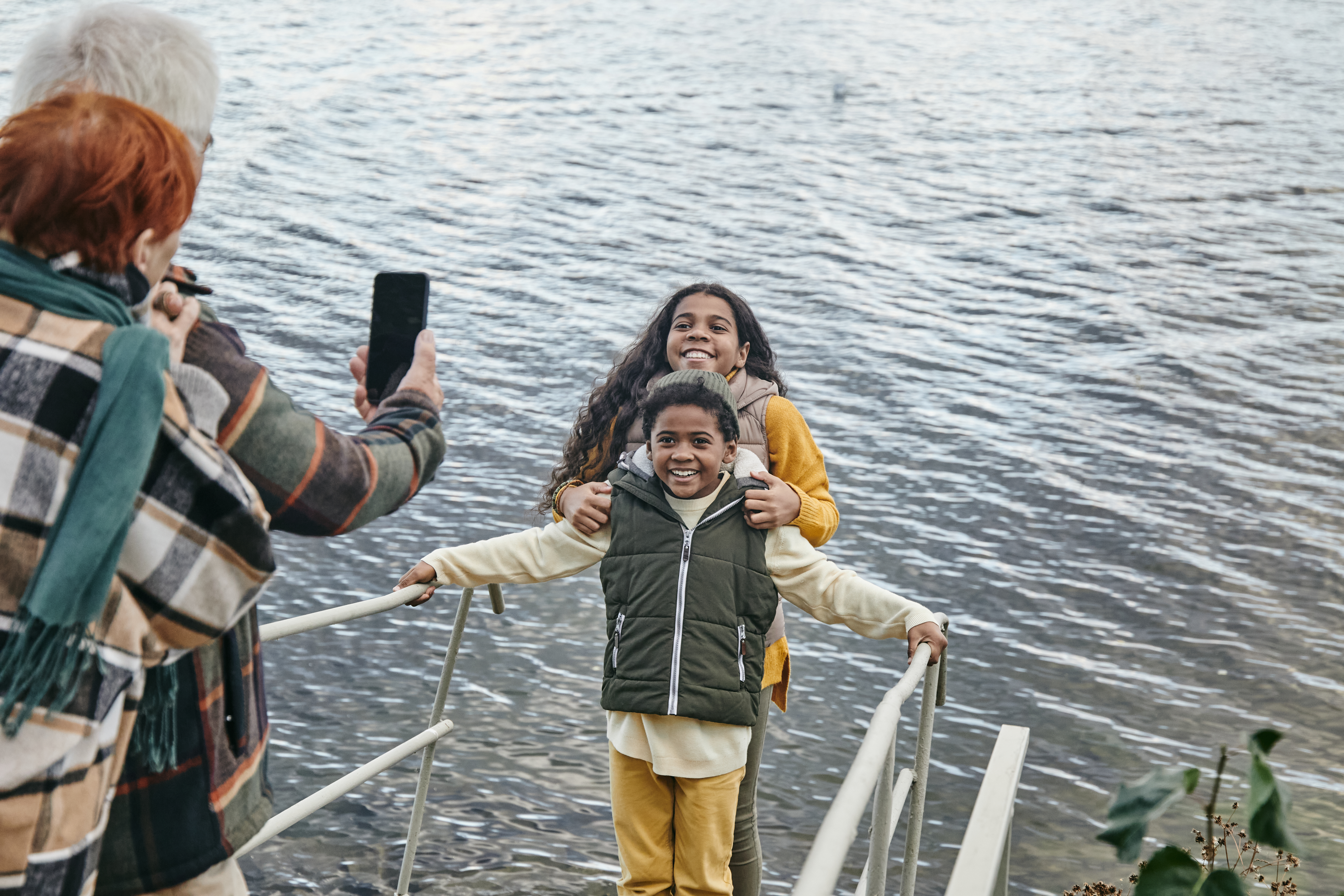
Boating offers a unique opportunity to explore the beauty of our waterways and create unforgettable memories with friends and family. Whether you're a seasoned sailor or a complete novice, understanding the basics of boating is essential for a safe and enjoyable experience on the water. Here's a comprehensive guide to boating essentials:
1. Safety First:
Prioritize safety by ensuring everyone on board wears a properly fitting life jacket. Familiarize yourself with basic safety protocols, including how to use safety equipment like fire extinguishers and distress signals. Take a boating safety course to learn essential skills and regulations.
2. Know Your Boat:
Become acquainted with your boat's features, including its controls, navigation instruments, and emergency procedures. Regularly inspect your boat for any signs of wear and tear, and perform routine maintenance to keep it in top condition.
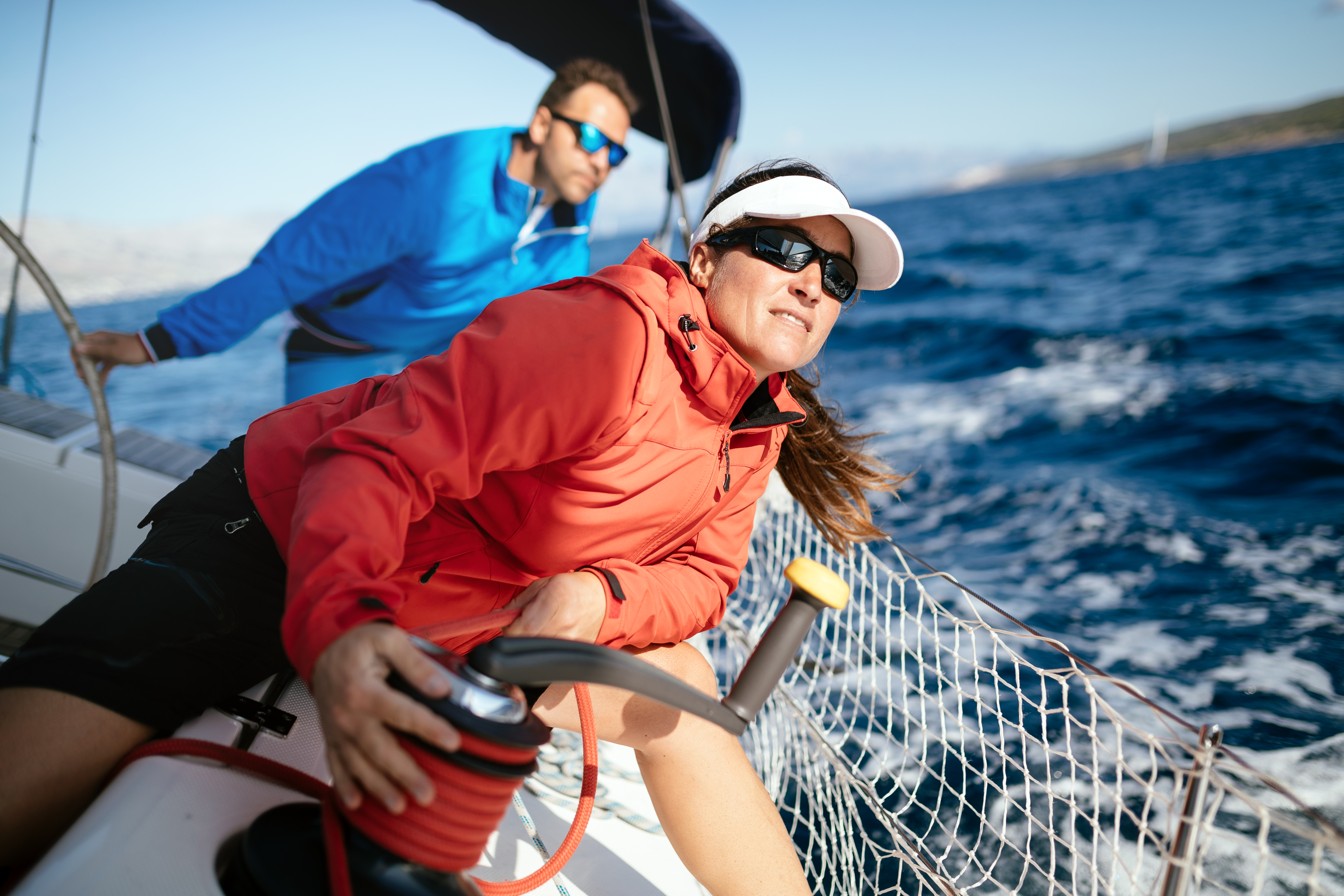
3. Weather Awareness:
Check weather forecasts before heading out and be prepared for changing conditions. Watch for signs of approaching storms and know how to respond safely. Avoid boating in rough weather or high winds, especially if you're inexperienced.
4. Navigation Basics:
Learn how to read nautical charts and understand navigational markers and buoys. Practice basic navigation techniques, such as plotting courses and using GPS or compass navigation. Always maintain a proper lookout for other vessels and potential hazards.
5. Docking and Maneuvering:
Practice docking and maneuvering your boat in different conditions, including tight spaces and strong currents. Learn how to use lines and fenders effectively to protect your boat and surrounding vessels during docking procedures.
6. Alcohol and Boating:
Avoid consuming alcohol while operating a boat, as it impairs judgment and reaction times. Designate a sober skipper to be responsible for operating the boat, and encourage passengers to drink responsibly or avoid alcohol altogether.
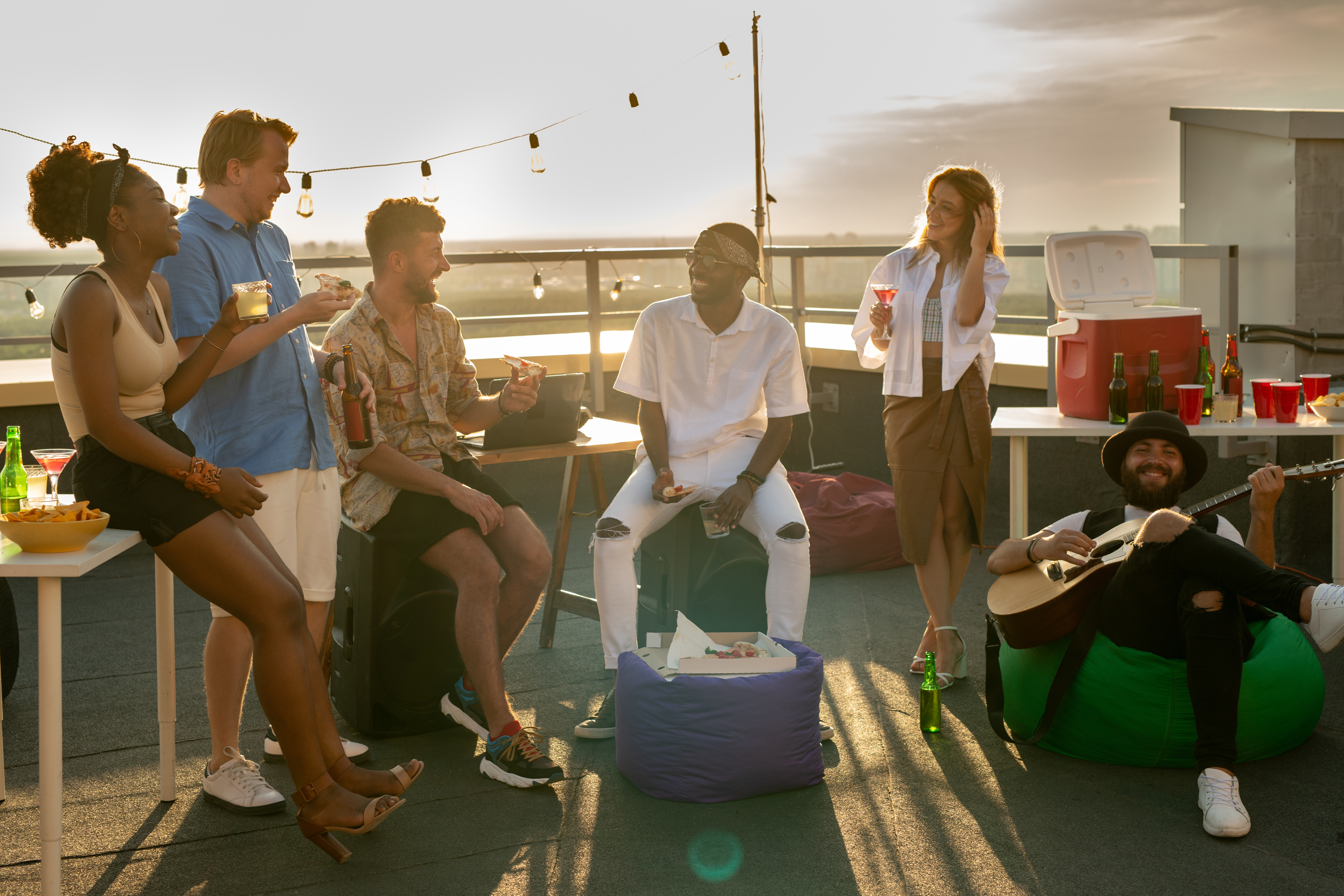
7. Emergency Preparedness:
Equip your boat with essential safety gear, including a first aid kit, emergency radio, and signaling devices. Develop a plan for responding to emergencies, including man overboard situations, engine failures, and medical emergencies.
8. Environmental Stewardship:
Protect the marine environment by following environmentally friendly practices, such as properly disposing of trash and minimizing fuel spills. Respect wildlife and sensitive habitats, and adhere to no-wake zones and speed limits in designated areas.
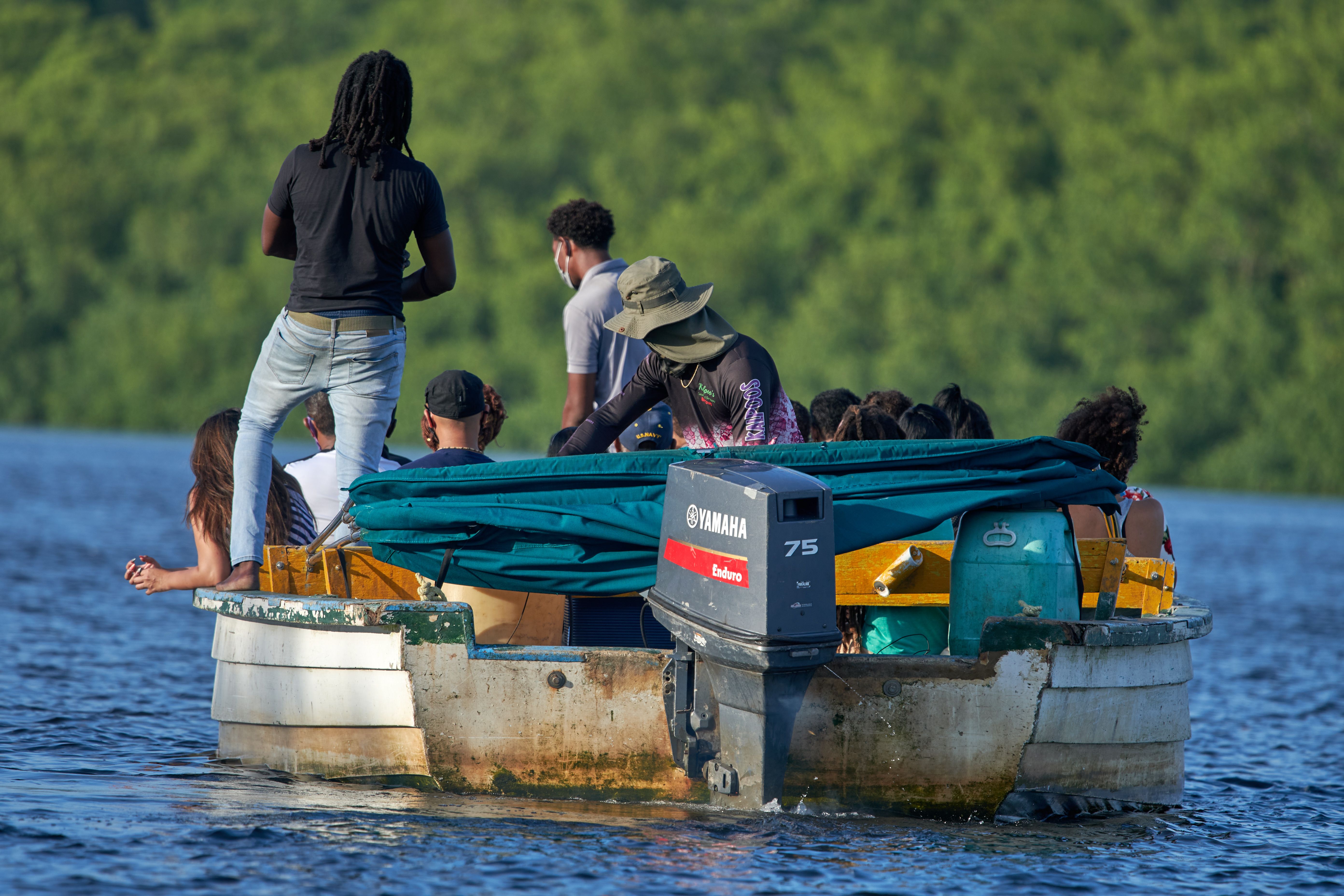
By following these boating basics, you can ensure a safe and enjoyable experience on the water for yourself and your passengers. Remember, responsible boating practices not only protect your own safety but also contribute to the preservation of our precious waterways for future generations to enjoy.
Feeling ready to set sail? Try searching for boats or charters in your area on Boater's List right now! Adventure awaits!
